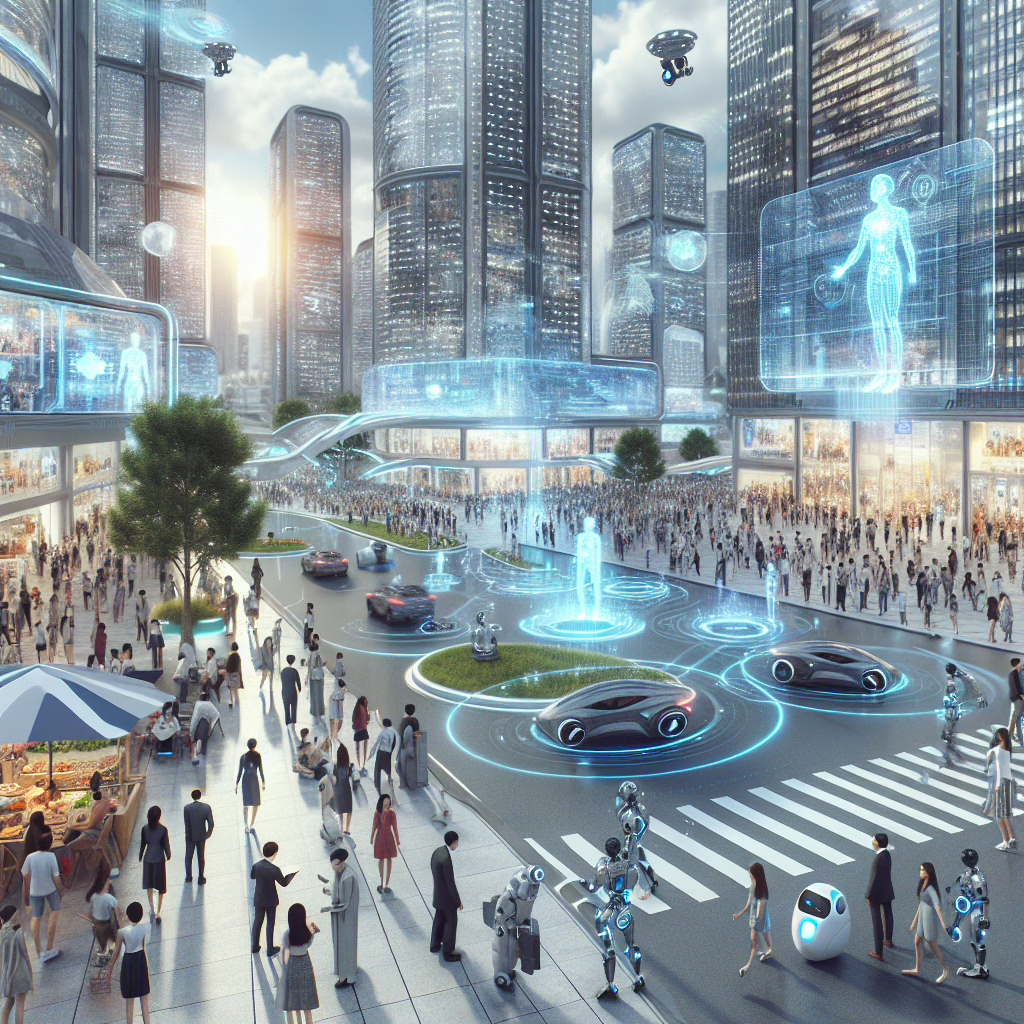In a world where artificial intelligence (AI) is not just a buzzword but a daily reality, Yuval Noah Harari offers a delightful mix of insight and humor. His thoughts on AI are like that perfect cup of coffee: energizing and just the right amount of bitter. As we dive into his musings, let’s unravel the complexities of AI and the singularity with a smile!
What’s the Deal with AI?
AI isn’t just here to steal your job; it’s also here to help you find your lost socks! But seriously, Harari points out that while technology evolves rapidly, our understanding of it often lags behind. He encourages us to ask the big questions: What is AI doing to our society? How does it shape our future? And most importantly, will it ever learn to appreciate good humor?
The singularity, a term often thrown around like confetti at a New Year’s party, represents a point where AI surpasses human intelligence. Harari suggests that we should be both excited and cautious about this potential leap. After all, who wouldn’t want their toaster to be smarter than them?
The Bright Side of AI
Not all doom and gloom here! Harari paints a picture where AI could lead to unprecedented advancements in healthcare, education, and even environmental sustainability. Imagine an AI that can diagnose diseases faster than you can say “artificial intelligence.” Sounds like sci-fi? Perhaps! But it’s also potentially our new reality.
- In healthcare, AI could revolutionize diagnostics by analyzing vast datasets and identifying patterns that escape even the sharpest eyes.
- In education, personalized learning experiences tailored by AI could empower students to learn at their own pace.
- In environmental sustainability, AI could optimize resource usage and develop innovative solutions for climate change.
As we embrace this technological wave, Harari reminds us that we must also remain vigilant. He urges society to ensure that AI serves humanity rather than the other way around. So, let’s keep our robots friendly and our ethics in check! After all, nobody wants a robot uprising over bad Wi-Fi.
Questions We Should Be Asking
Harari emphasizes the importance of inquiry in understanding the implications of AI. Instead of simply marveling at what machines can do, we should be asking:
- How do we prevent bias in AI algorithms?
- What happens when machines can create art or write books? Will they replace us or inspire us?
- Can we trust AI with our personal data? Should we even have personal data at this point?
- How can we ensure AI remains aligned with human values?
- Will society redefine work and leisure as AI takes over certain tasks?
These questions might sound daunting, but they are crucial for paving the way for a future where humans and machines coexist harmoniously—or at least without too much awkwardness!
The Human Touch in an AI World
As we progress into 2025, Harari reminds us that while technology advances, the essence of humanity remains irreplaceable. Creativity, empathy, and laughter—these are things machines can mimic but never truly replicate. So let’s hold onto our quirks and imperfections as we welcome our silicon friends.
Incorporating humor into discussions about technology can ease tensions and foster understanding. So next time you hear about AI taking over jobs, picture it wearing a clown wig and juggling tasks—it makes everything sound less intimidating!
The Future Awaits
The future with AI is not set in stone; it’s more like clay that we can mold with thoughtful actions today. Harari encourages us to be proactive rather than reactive when it comes to shaping our relationship with technology.
Ultimately, the key takeaway from Harari’s insights is that while we should embrace innovation, we must also engage critically with its implications. We have the power to steer AI towards enhancing our lives rather than complicating them.
So, as we stand on the brink of this exciting era filled with possibilities (and perhaps some robots), let’s stay curious and keep asking those important questions!
What do you think about Harari’s views on AI? Are you ready for a future filled with intelligent gadgets or do you prefer your appliances to stay blissfully unaware? Share your thoughts below!
Thank you Wired for the thought-provoking insights from Yuval Noah Harari!

